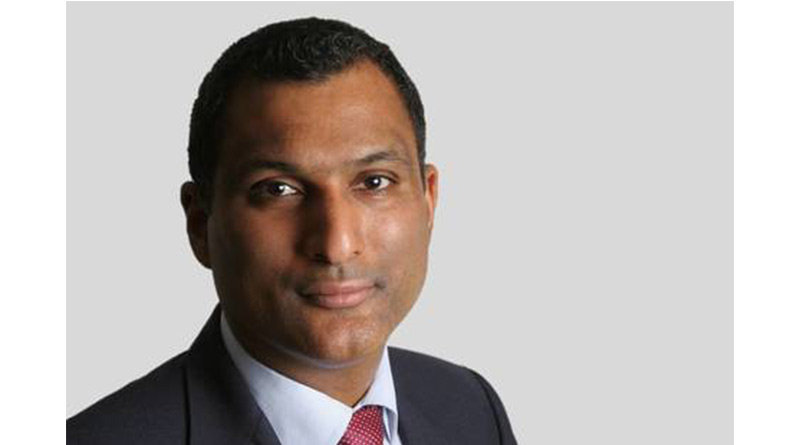NACC joins forces with HCA to Meet with Lord Kamall, Parliamentary Under-Secretary of State for Department of Health and Social Care
The National Association of Care Catering (NACC) is joining forces with the Hospital Caterers Association (HCA) to meet with Lord Kamall, the Parliamentary Under-Secretary of State for Technology, Innovation and Life Sciences at the Department of Health and Social Care, to ensure the key challenges facing health and social care catering are understood and recognised as part of the Health & Care Bill.
Sue Cawthray, National Chair of the NACC, and Brian Robb, Chair of the HCA, will attend a crucial meeting with Lord Kamall to discuss the immediate issues and consequences in the health and care catering sectors, as well as tangible solutions.
The invitation to meet was made by Lord Kamall following a debate in the House of Lords in which Lord Hunt, President of the HCA, and Baroness Barker, Patron of the NACC, spoke in support of an amendment to the Health & Care Bill, calling for better funding, training, pay and recognition across health and social care catering.
The meeting, scheduled for 9 February 2022, will also be attended by Lord Hunt and Baroness Barker.
Sue Cawthray comments: “We’re delighted to have the opportunity to work with the HCA and provide a voice for health and social care caterers at this landmark meeting.
“This is a major step forward for us to be heard at this critical time, and to make a real difference to the future of care catering and its dedicated workforce. We are very grateful to our Patron, Baroness Barker, for her unwavering support of care catering and her commitment to ensuring the vital work of care caterers does not continue to go unrecognised. Thanks to her informed and heartfelt contribution to the debate we have a valuable seat at the table and a chance to influence positive change.
“Our aim is to secure greater recognition of the essential role care caterers play through the introduction of professional standards and an agreed framework, recognised by the CQC and ICGs, that give chefs in care catering real credibility. Training has to be mandatory, properly funded and regularly updated and refreshed, to ensure that it is accessed by all chefs across the sector.
“By training care chefs to a high standard so that they confidently cater for the many food-related challenges within older people – from dysphagia, food allergies and intolerances, and loss of appetite, to dementia and oral issues – and supporting them in working directly with care staff, we will ultimately reduce hospital admissions and improve the health and lives of those in care environments.
“Good food, nutrition and hydration that also take into consideration the individual dining needs of people, is fundamental to quality care. Getting this right through adequate funding and robust, consistent training reduces, for example, the number of malnutrition-related illnesses and cases of choking that often result in hospital admissions, thus helping to reduce the pressure on the NHS.
“Health and social care catering are intrinsically linked so it really is a case of together we are stronger. We look forward to creating a collaboration with the HCA that tackles these core issues head on and makes a real difference to the lives of the chefs and caterers that work in our wonderful sectors and, in turn, the residents, clients and patients benefitting from their expertise, talent and dedication.”






